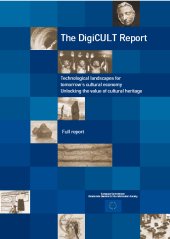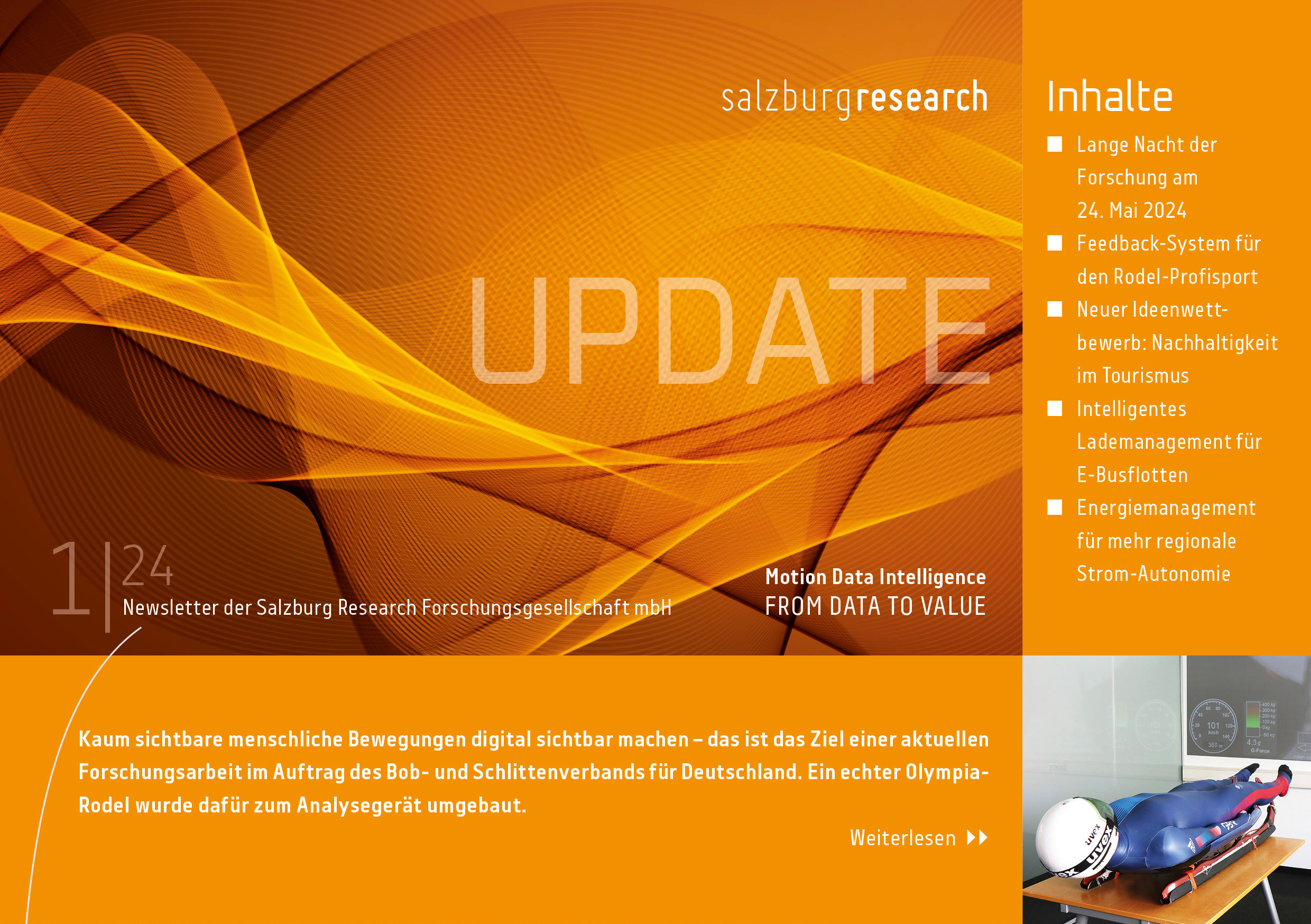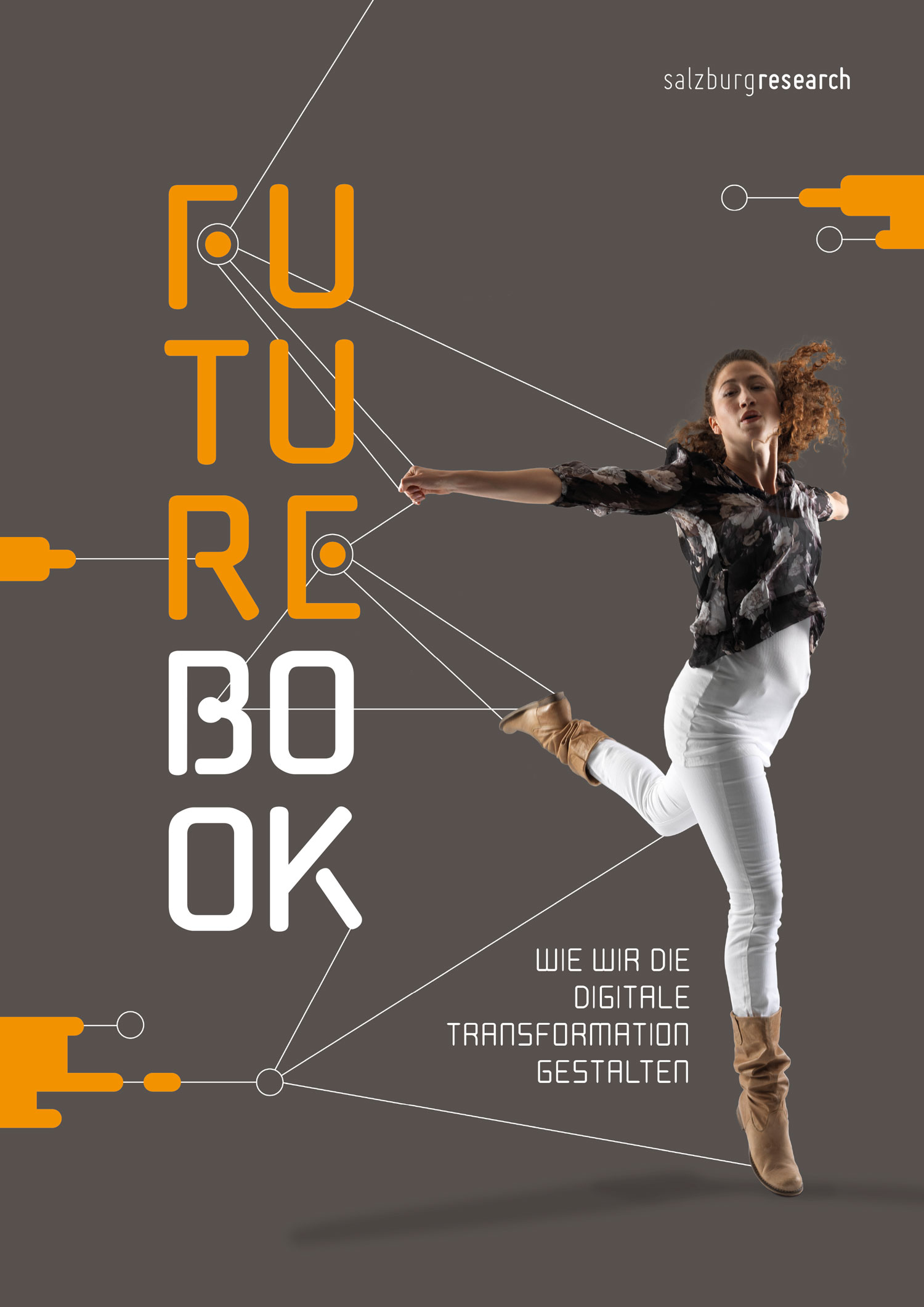The DigiCULT Report
Andrea Mulrenin and Guntram Geser, Salzburg Research, on behalf of the European Commission (2001): The DigiCULT Report Technological Landscapes for Tomorrow s Cultural Economy. Unlocking the Value of Cultural Heritage. [ENG/FRA/GER/ITA]

The DigiCULT-Report provides a roadmap for orientation on the future trends in the European cultural heritage sector in the next five years. It aims to help decision makers how to best face the future challenges related to building and exploiting a digital cultural landscape within the Information Society.
Today, archives, libraries and museums all over Europe face similar challenges as they try to take advantage of the enormous potential the use of information and communication technologies promises for memory institutions. These challenges are not only technical in nature, but affect cultural heritage institutions at their very core:
How do new technologies affect the core business and how can they be best integrated into the current workflow?
Which new technologies can be expected and how can cultural heritage institutions avoid to jump on the wrong technological bandwagon?
What kind of institutional changes are needed to adopt and adapt new technologies?
How can small institutions manage to participate in the emerging Information Society?
What is the potential to commercially exploit cultural heritage resources and what are the future markets?
What is needed to make cultural heritage services sustainable?
These are some of the questions that form the basis of this strategic study.
The DigiCULT study is based on the analysis of expert opinions in the cultural heritage sector. To reach a broad consensus across the cultural heritage sector, more than 180 international experts from archives, libraries and museums, as well as policy makers and representatives from special interest groups and research facilities in Europe, the United States, Canada and Australia were involved in the study over the past seven months.
In 29 interviews, 6 Expert Round Tables (ERT), and an online Delphi survey, they gave their opinions on future trends in the cultural heritage sector. Furthermore, they provided recommendations that allow actors in the institutions as well as policy makers to take appropriate measures to create favourable conditions for future development of the cultural heritage sector.
Download:
PDF öffnen

